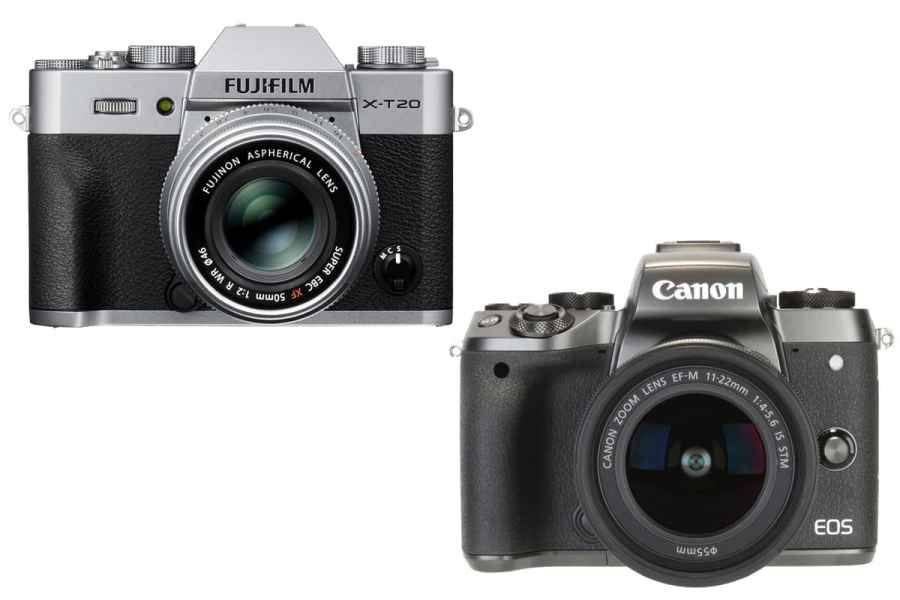Fujifilm recently announced its upgrade to the mid-range compact system camera in its arsenal – the X-T20. Looking at the specs on paper – it would seem that Canon’s EOS M5 is a reasonably close competitor. The Canon model was announced in 2016, and is arguably the first time that Canon has really taken the CSC format seriously for enthusiast photographers.
Here’s how the two measure up when you place them head to head.
Fuji X-T20 vs Canon EOS M5: Sensor
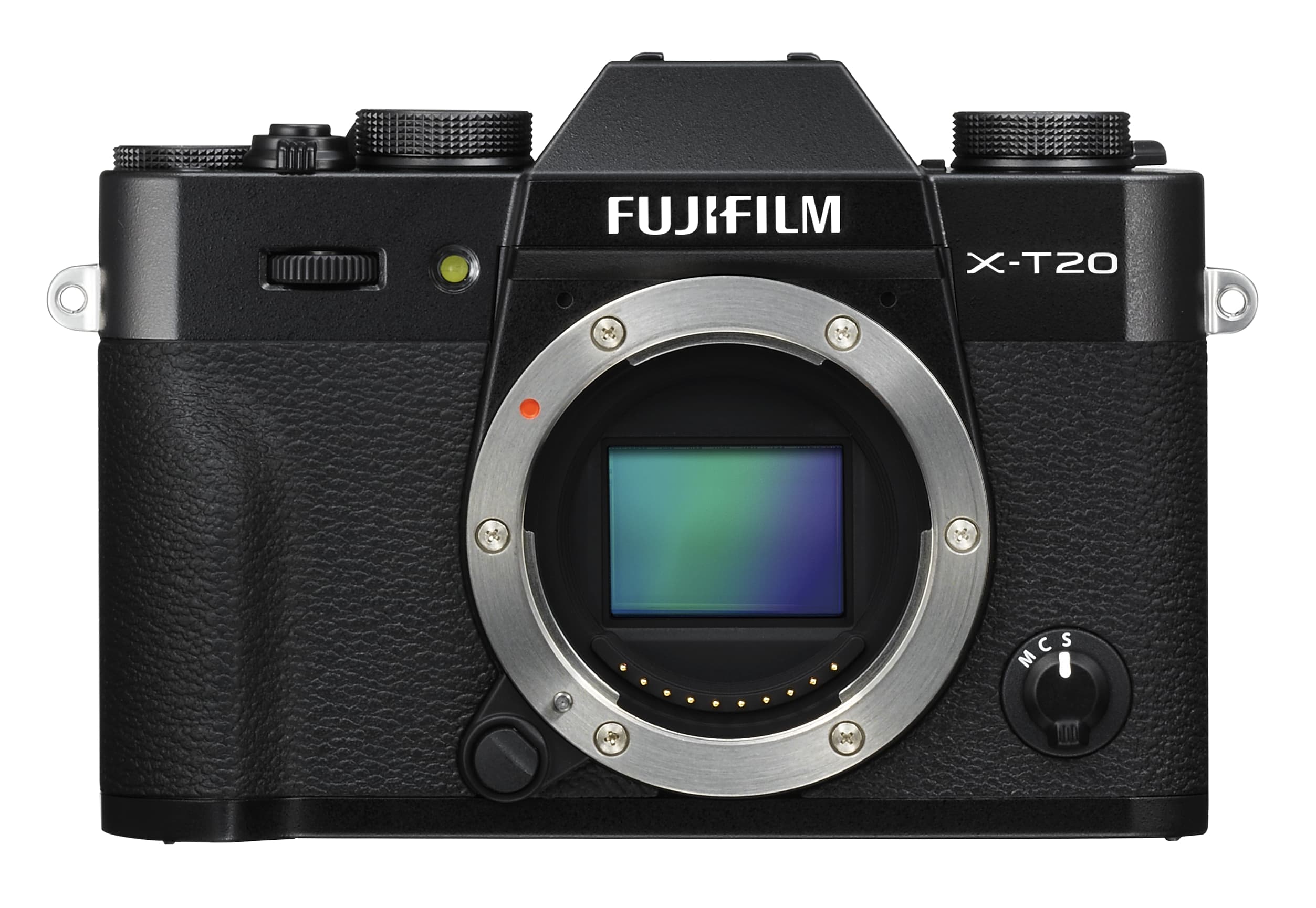
The two sensors are very closely matched in these two cameras. Both are almost the same resolution (the Fuji is 24.3 MP, while the Canon is 24.2MP), while both are also APS-C sized. The Fuji device is an X-Trans CMOS III sensor, which is well-known for being good at detail resolution.
Fuji X-T20 vs Canon EOS M5: Processor
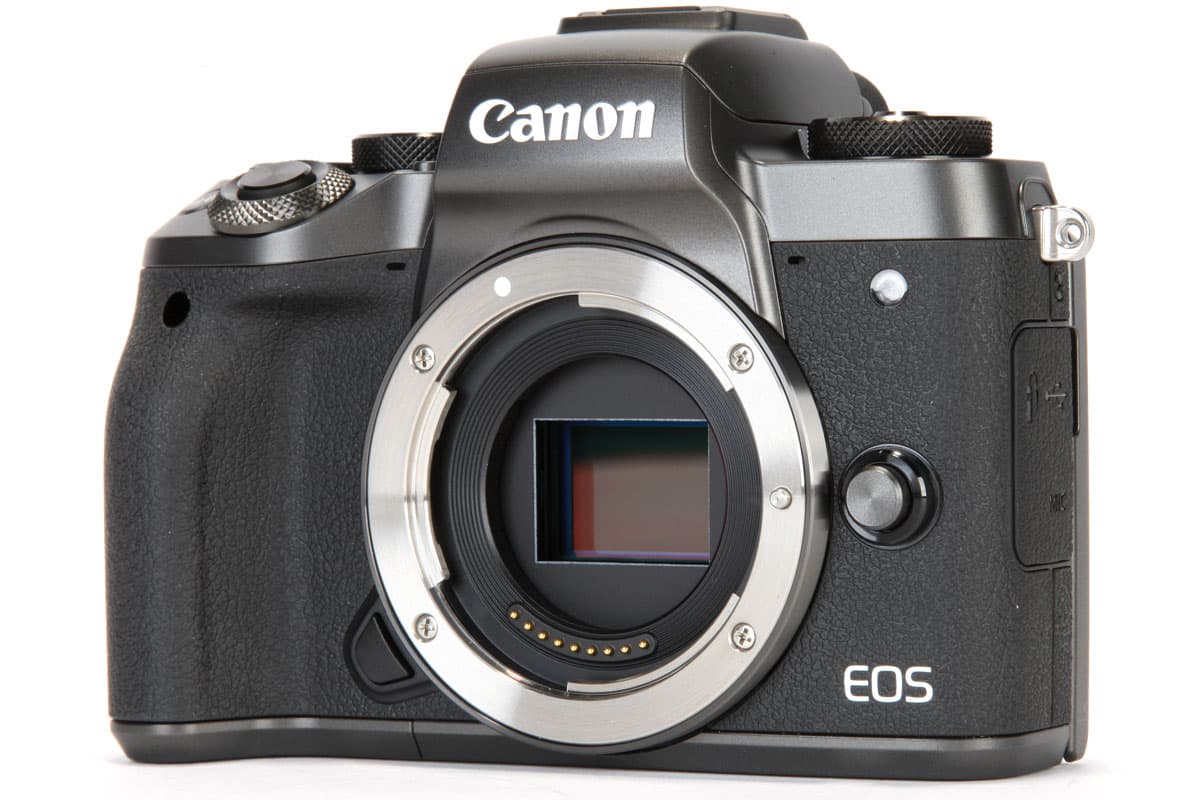
Both of these models feature the latest possible processor available from each manufacturer. For the Fuji X-T20, that means that it’s go an X-Processor Pro, which boasts statistics such as 0.4 second start-up, while the Canon has a Digic 7 processor – which by contrast features a 1 second start-up.
Fuji X-T20 vs Canon EOS M5: Autofocus
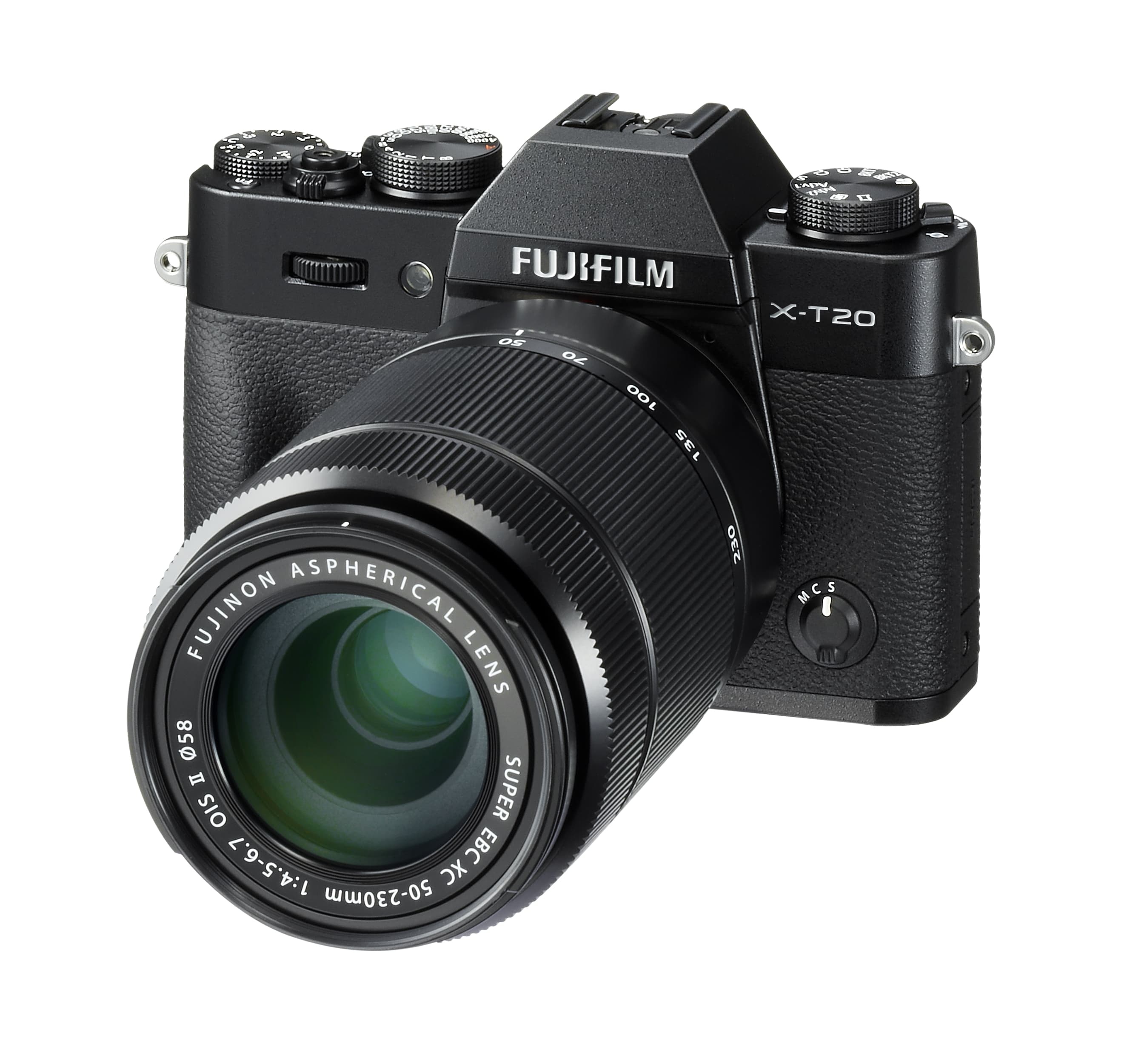
It seems that the X-T20 has the EOS M5 beaten here, with a 91-point AF system, compared with the M5’s 49-point system. The X-T20 claims speeds of just 0.06 seconds focus acquisition speeds, while it has a range of AF-C settings to help match to the movement you’re trying to capture.
Fuji X-T20 vs Canon EOS M5: Screen
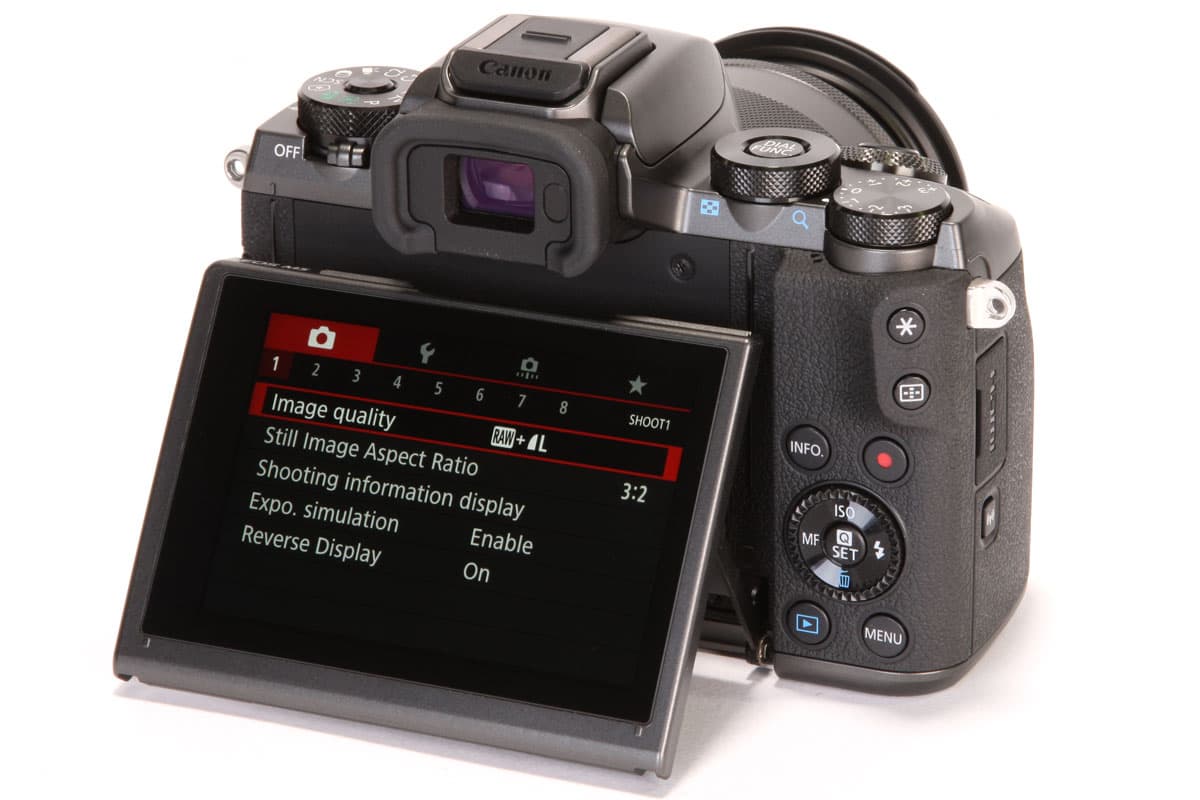
Both the cameras have tilting, touch-sensitive screens. This means that you can use the screen to set autofocus point, which is particularly useful. The Canon also has the ability to allow you to use the screen at the same time you’re using the viewfinder, which is even more handy. The Canon also has a higher resolution, and is slightly bigger. It stacks up as 1,620k-dots, and 3.2 inches, while the 3.0 inch screen of the Fuji has 1,040k-dots.
Fuji X-T20 vs Canon EOS M5: Viewfinder
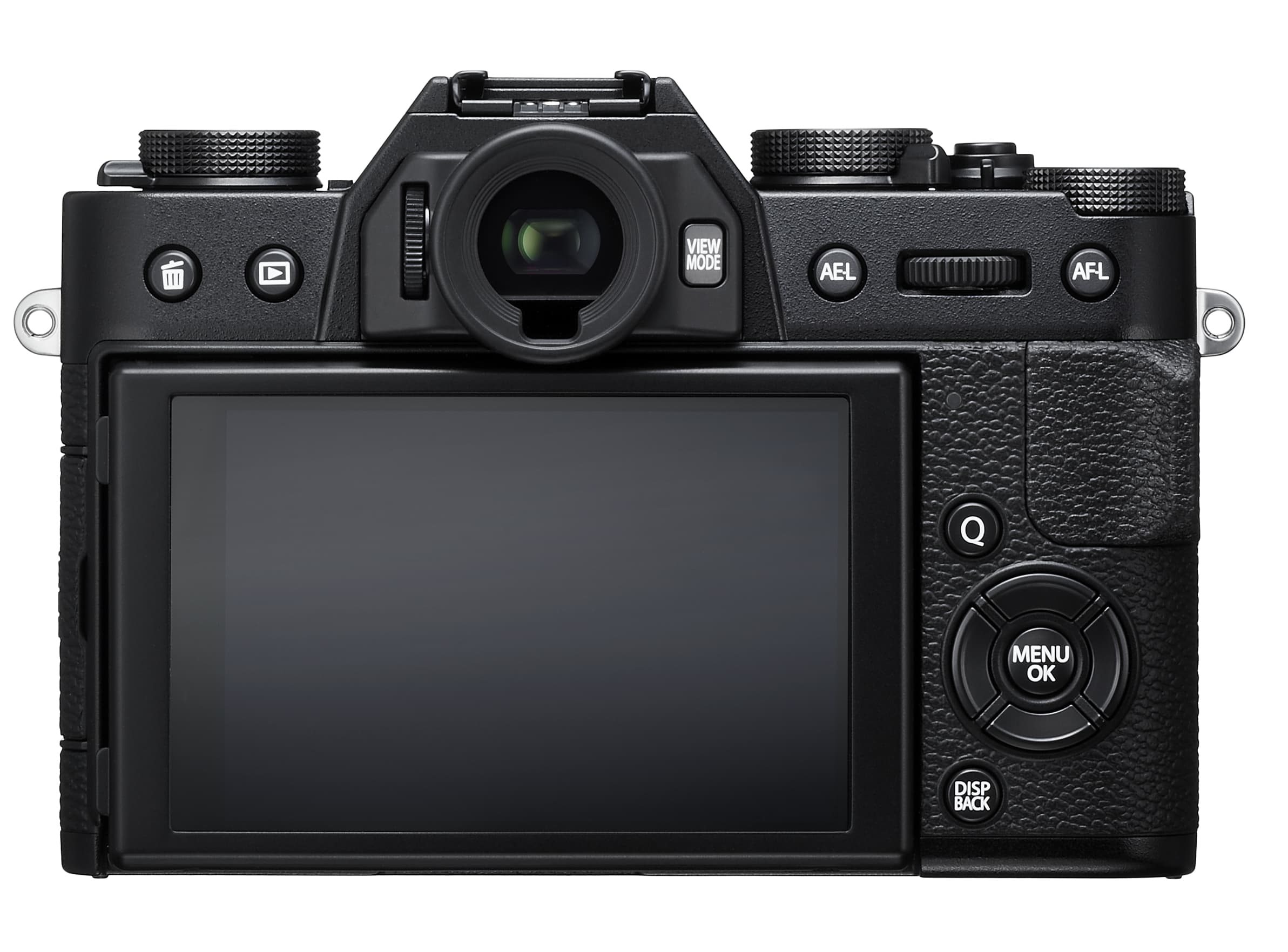
Here is another specification where the two cameras are very evenly matched. The X-T20 has a 2.36m dot viewfinder, which is exactly the same resolution as the finder for the EOS M5.
Fuji X-T20 vs Canon EOS M5: Video
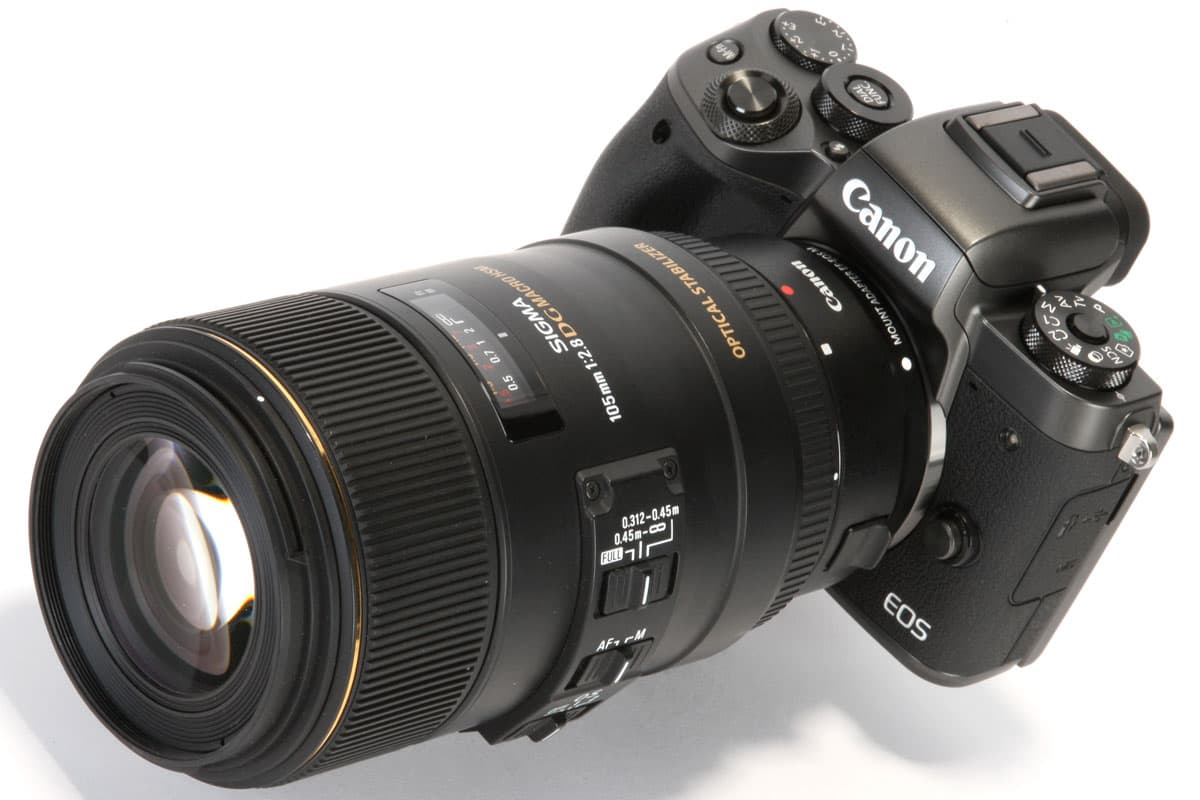
The Fuji camera clearly trumps the EOS M5 here, offering 4K video shooting at up to 30p. You can also shoot Full HD at up to 60p. Perhaps a little surprisingly given the modern ubiquity of the format, the EOS M5 only shoots at Full HD, also at rates up to 60p.
Fuji X-T20 vs Canon EOS M5: Design
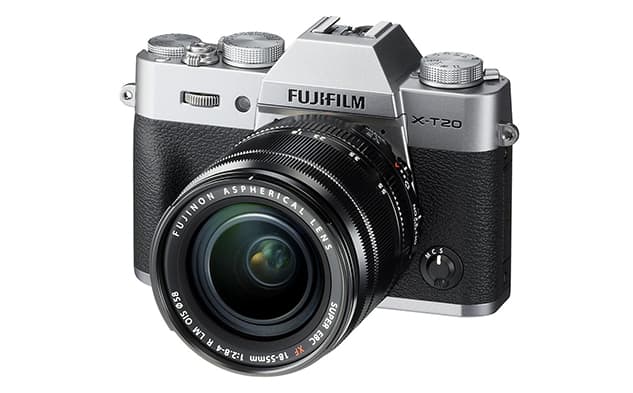
Of the two cameras, the Fuji is the smaller – which is either a good thing or a bad thing depending on your point of view. The Fuji is also a little lighter, so if you’re looking for something small and ultra-portable, you might be better off with the Fuji camera.
Fuji X-T20 vs Canon EOS M5: Shutter speeds
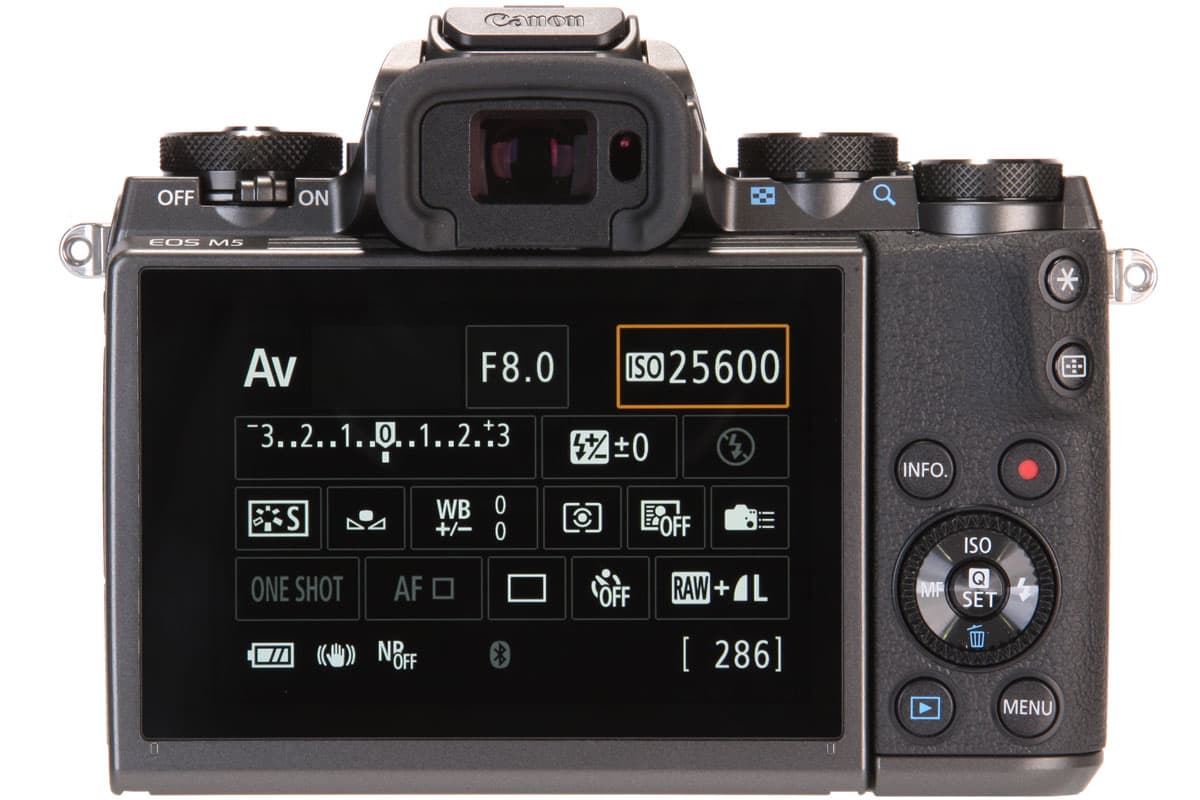
The Fuji has an electronic shutter option which allows you to shoot as quick as 1/32000, which is great news when trying to either freeze super-fast action, or when shooting at wide apertures in bright sunlight. By contrast, the EOS M5 can only shoot at 1/4000 as it only has a mechanical shutter.
Fuji X-T20 vs Canon EOS M5: ISO
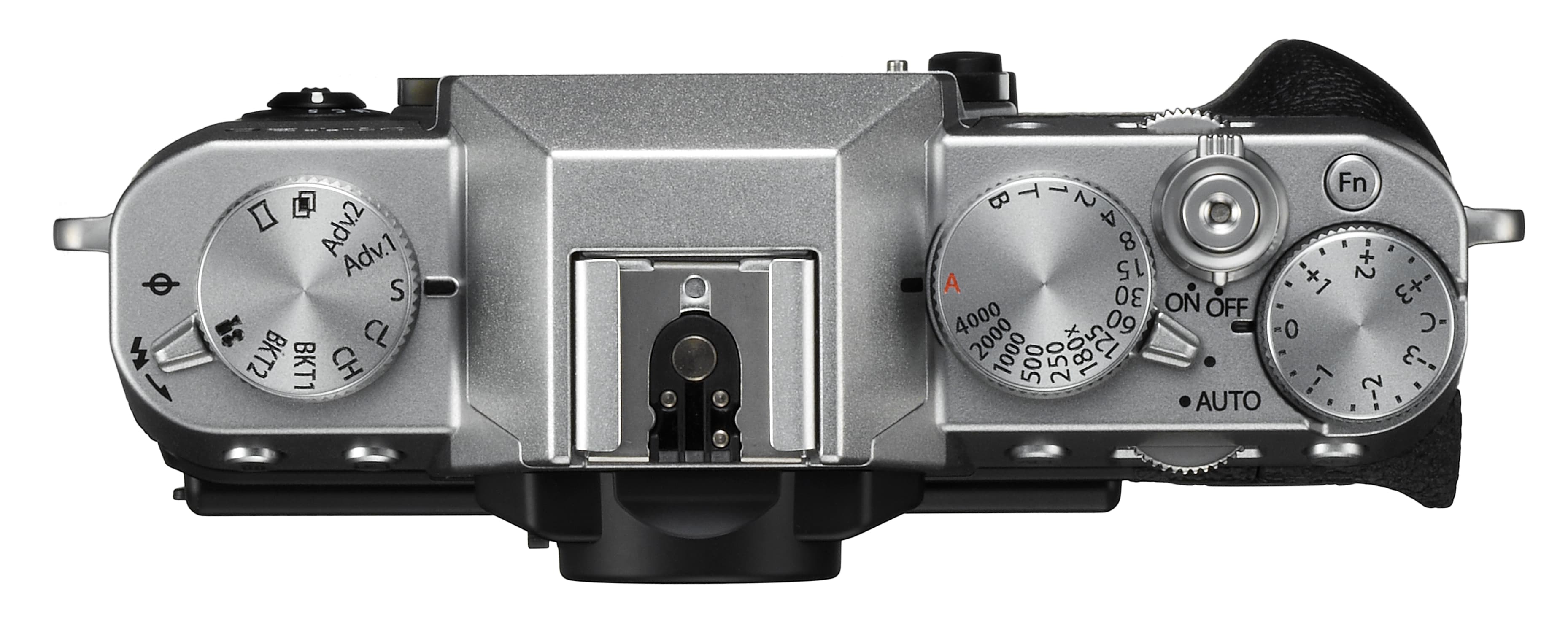
The Canon EOS M5’s native range is 100 – 25600. Meanwhile, the X-T20 doesn’t fare quite so well offering 200 – 12800 in the native range. You can expand down to ISO 100, or up to 51200 if you need to.
Fuji X-T20 vs Canon EOS M5: Frame rate
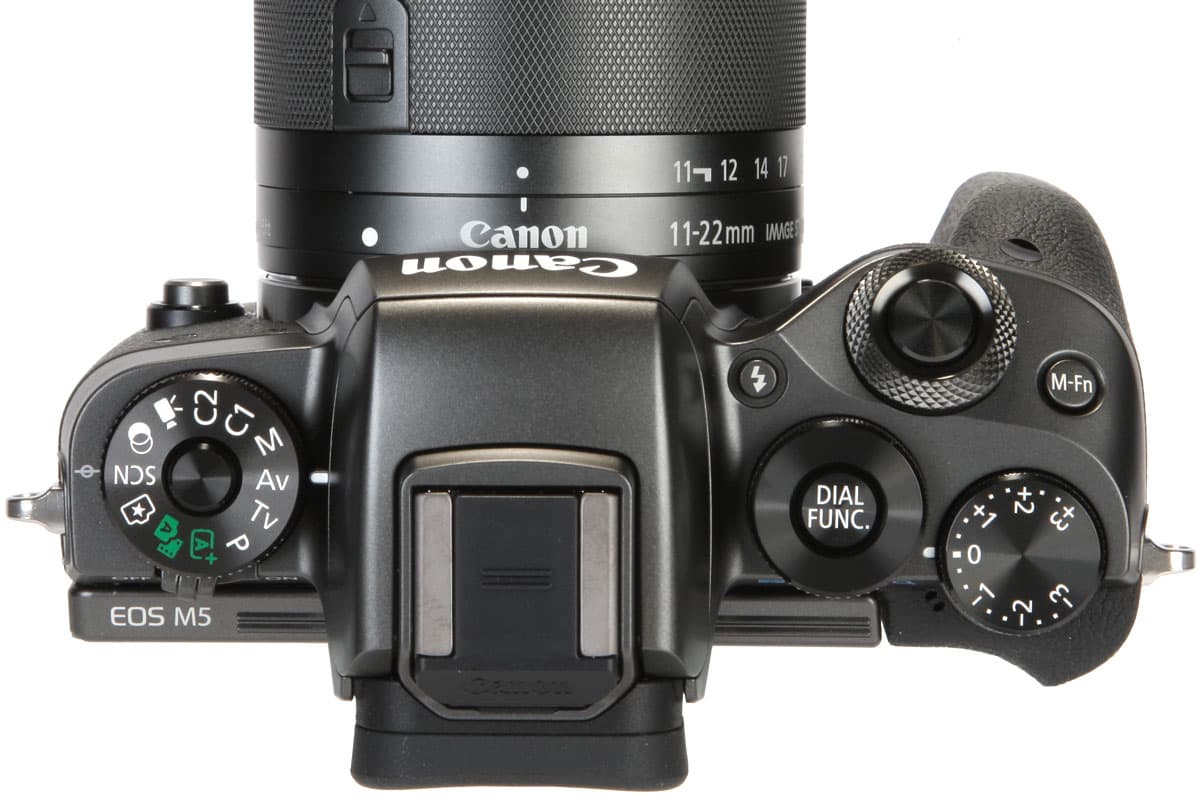
Fuji’s X-T20 has an impressive maximum frame rate of 14fps, while the Canon EOS M5 tops out at 7fps.
Fuji X-T20 vs Canon EOS M5: Battery life
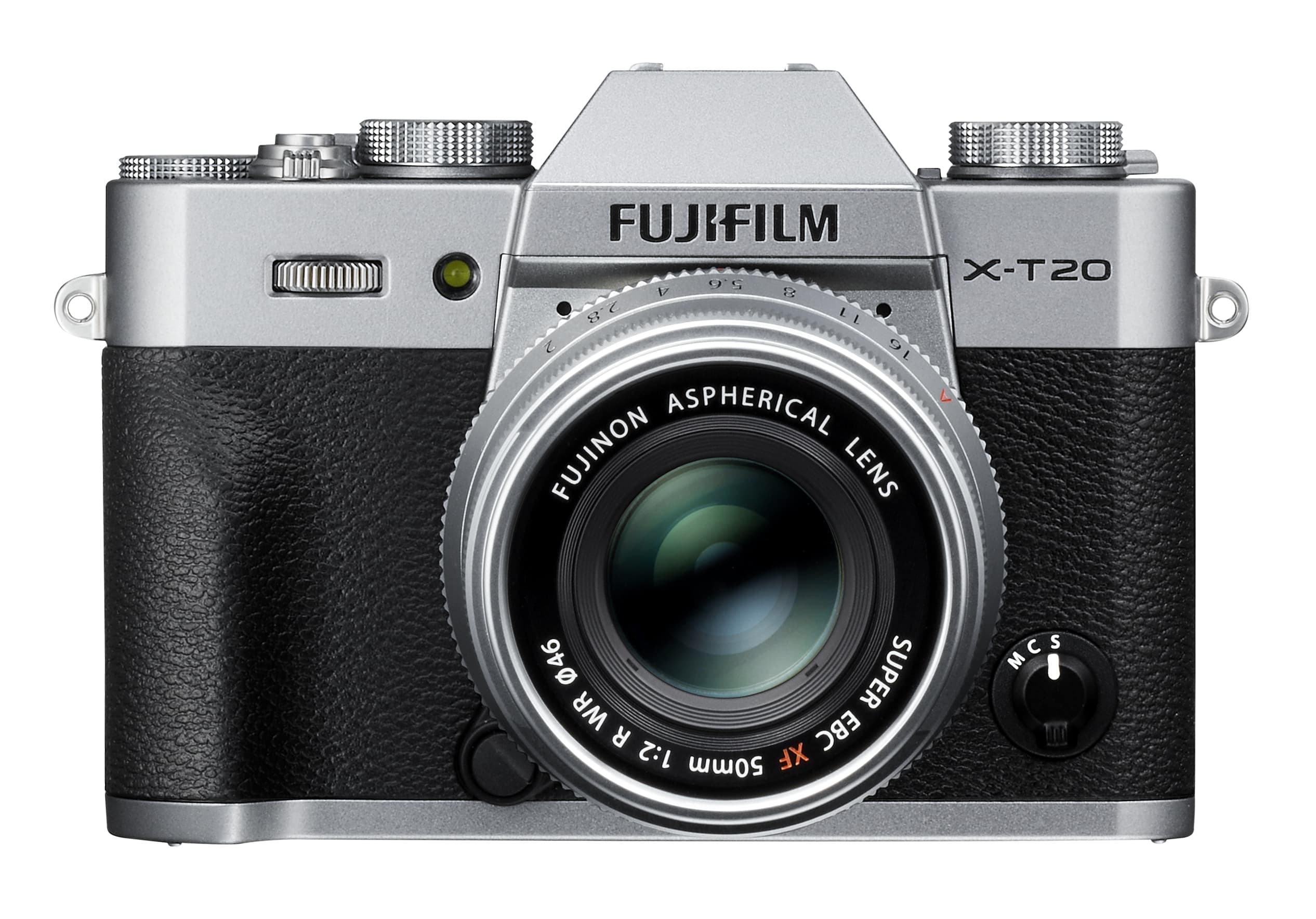
It’s the Fuji which wins again here, boasting a battery life of 350 shots per charge, compared with 295 from the Canon EOS M5.
Fuji X-T20 vs Canon EOS M5: Price
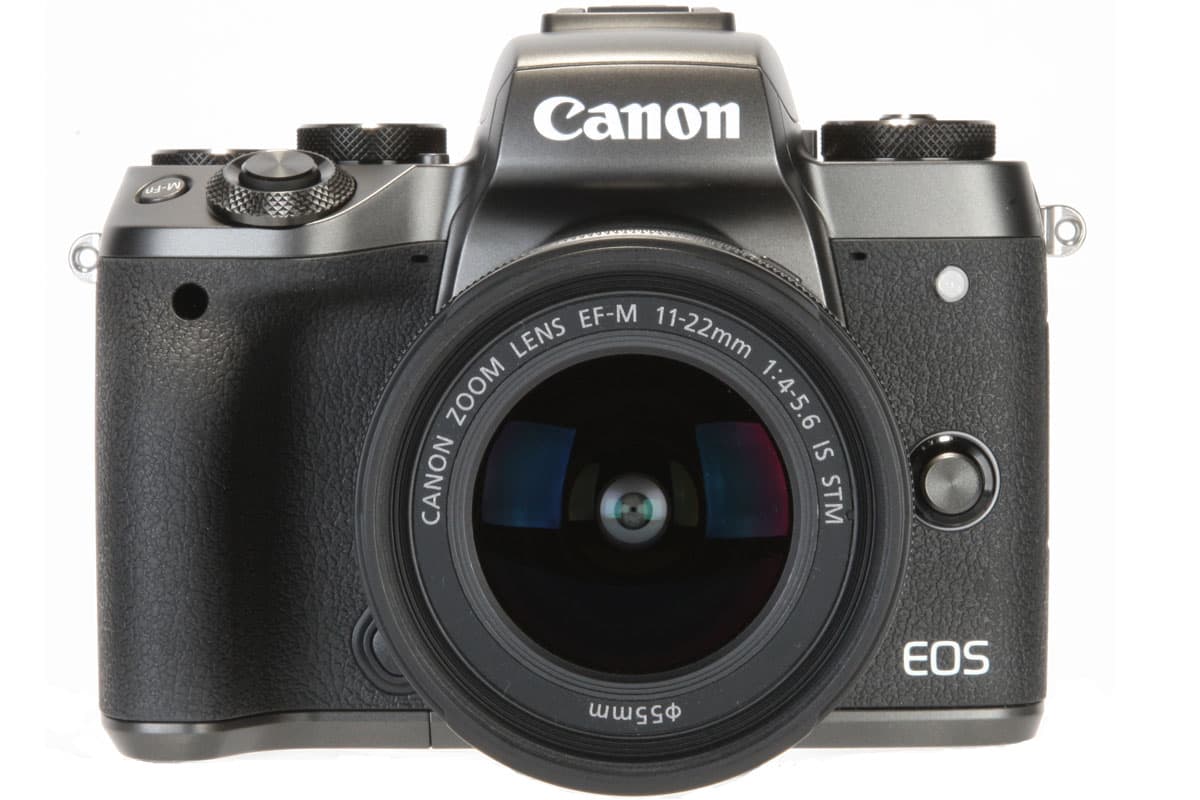
Despite the fact that Fuji is often known for its high-end prices, it’s actually the M5 which is the more expensive camera in this comparison. You can purchase the M5 body only for around £1,029, whereas the Fuji X-T20’s retail price is £799 for the body. You can pick up the EOS M5 for £1135 with a 15-45mm lens. Instead, you could buy the X-T20 for £899 with a 16-50mm lens, or £1099 with the more advanced 18-55mm f/2.8-4 lens.
Fuji X-T20 vs Canon EOS M5: Conclusion
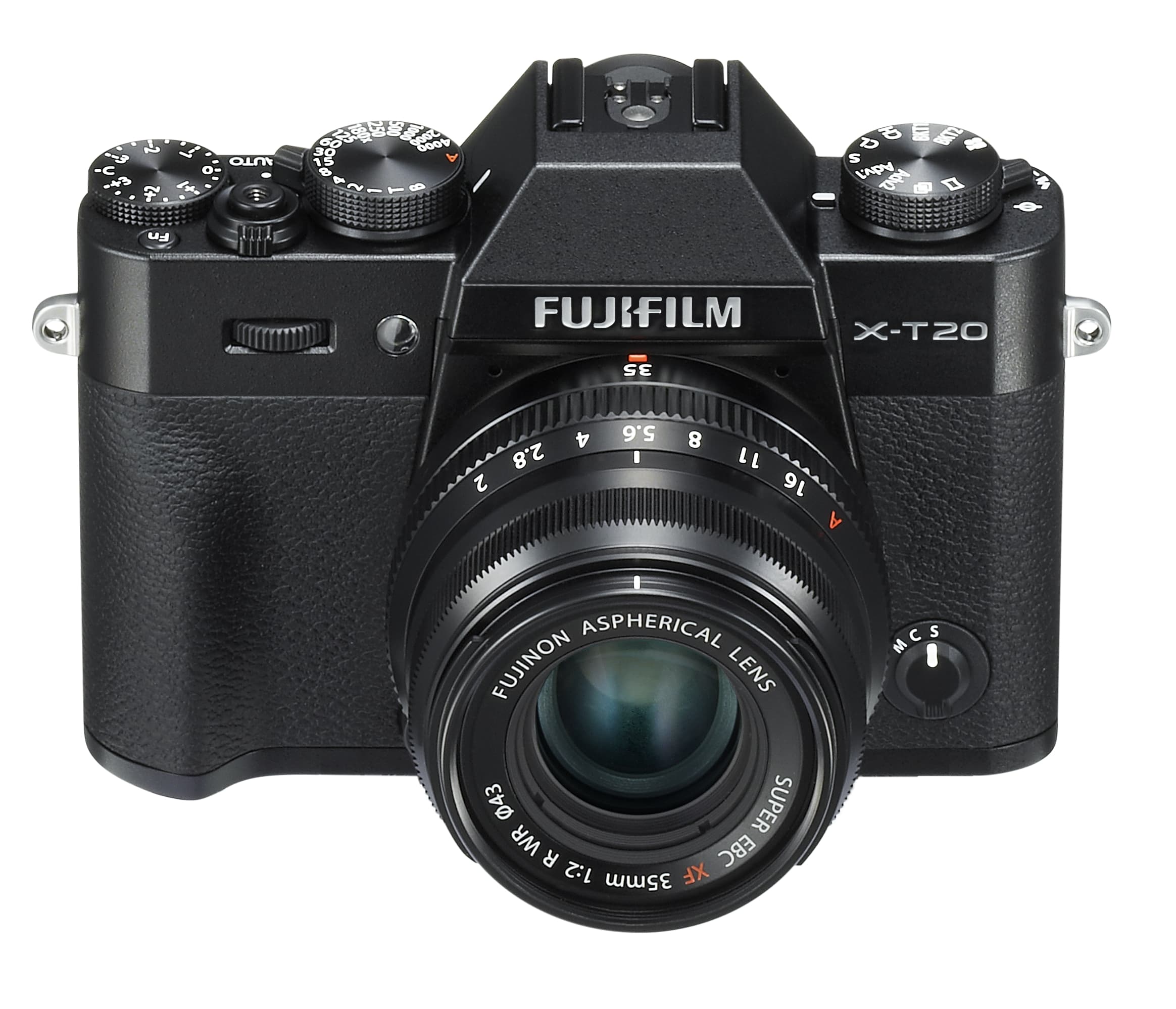
On paper, it would seem that while the two cameras are reasonably evenly matched in some areas, it is the Fuji X-T20 which offers the most – and considering it’s also cheaper, then it’s also better value for money.
Read more:
Fujifilm X-T20 review: Hands on first look

